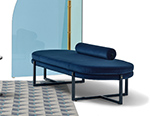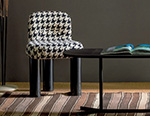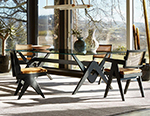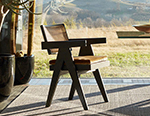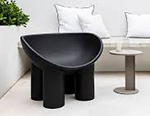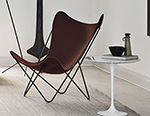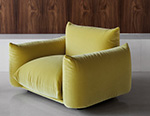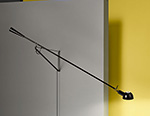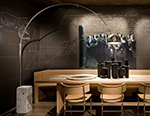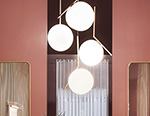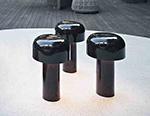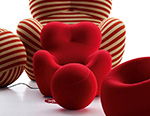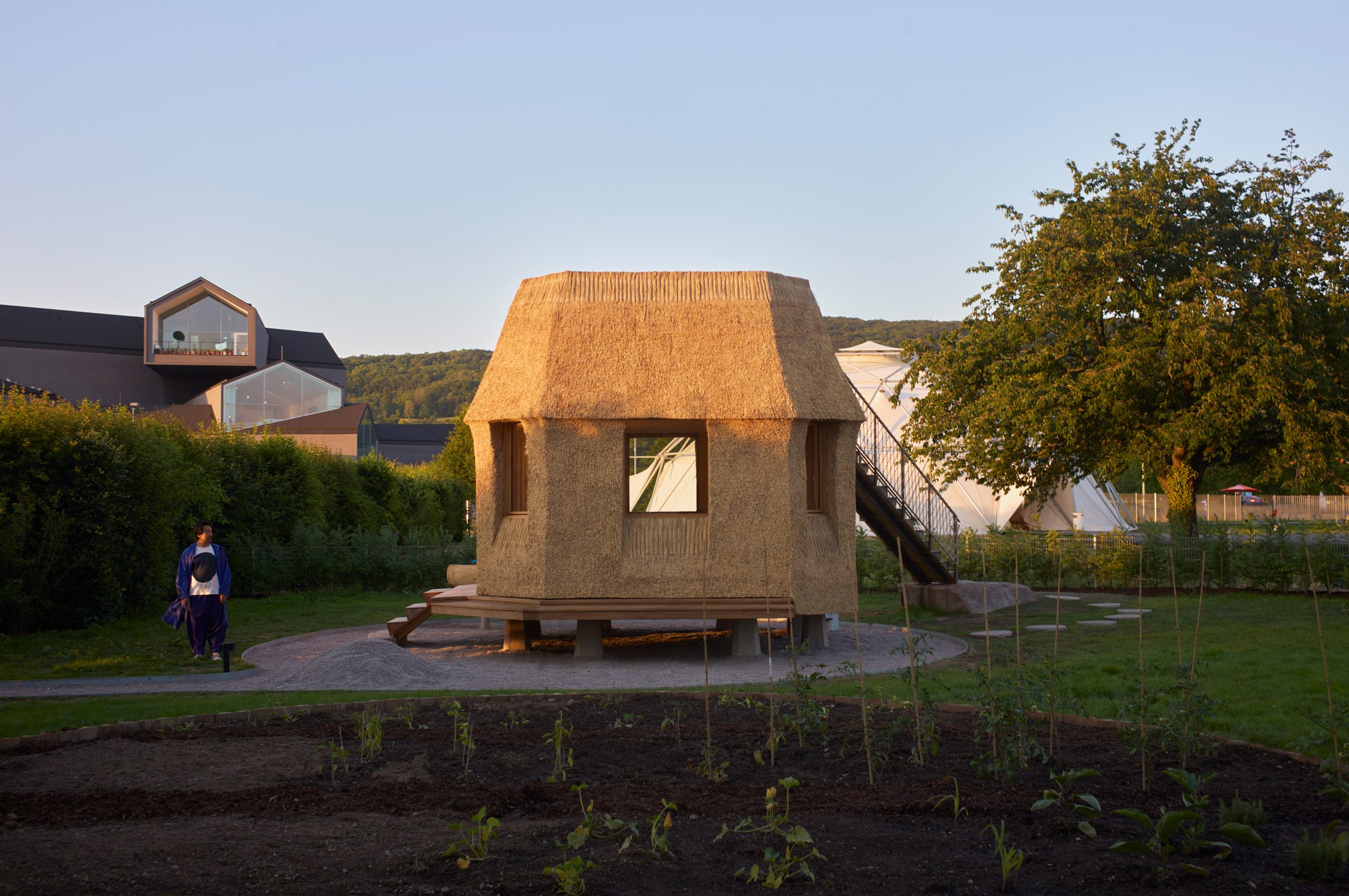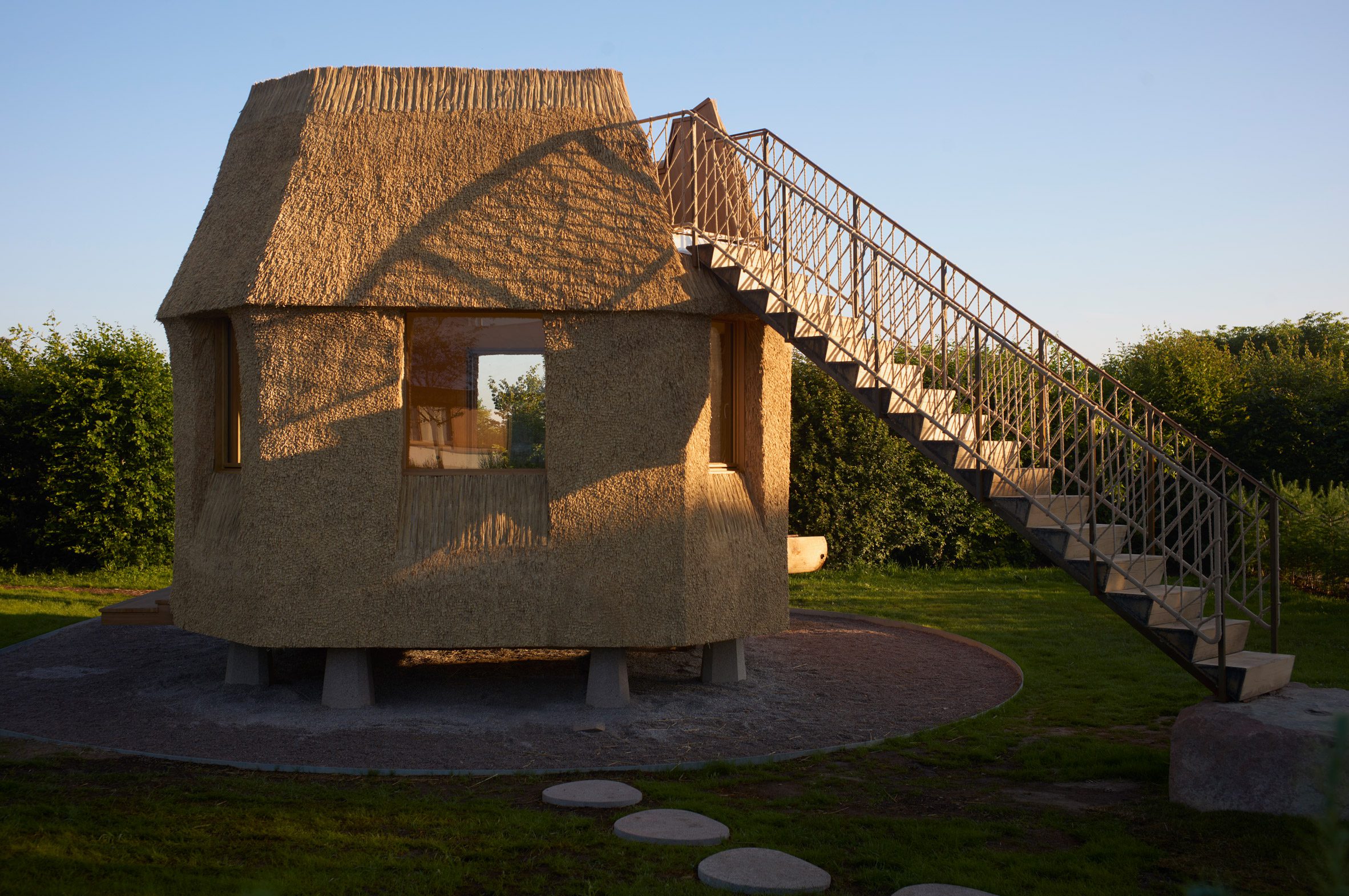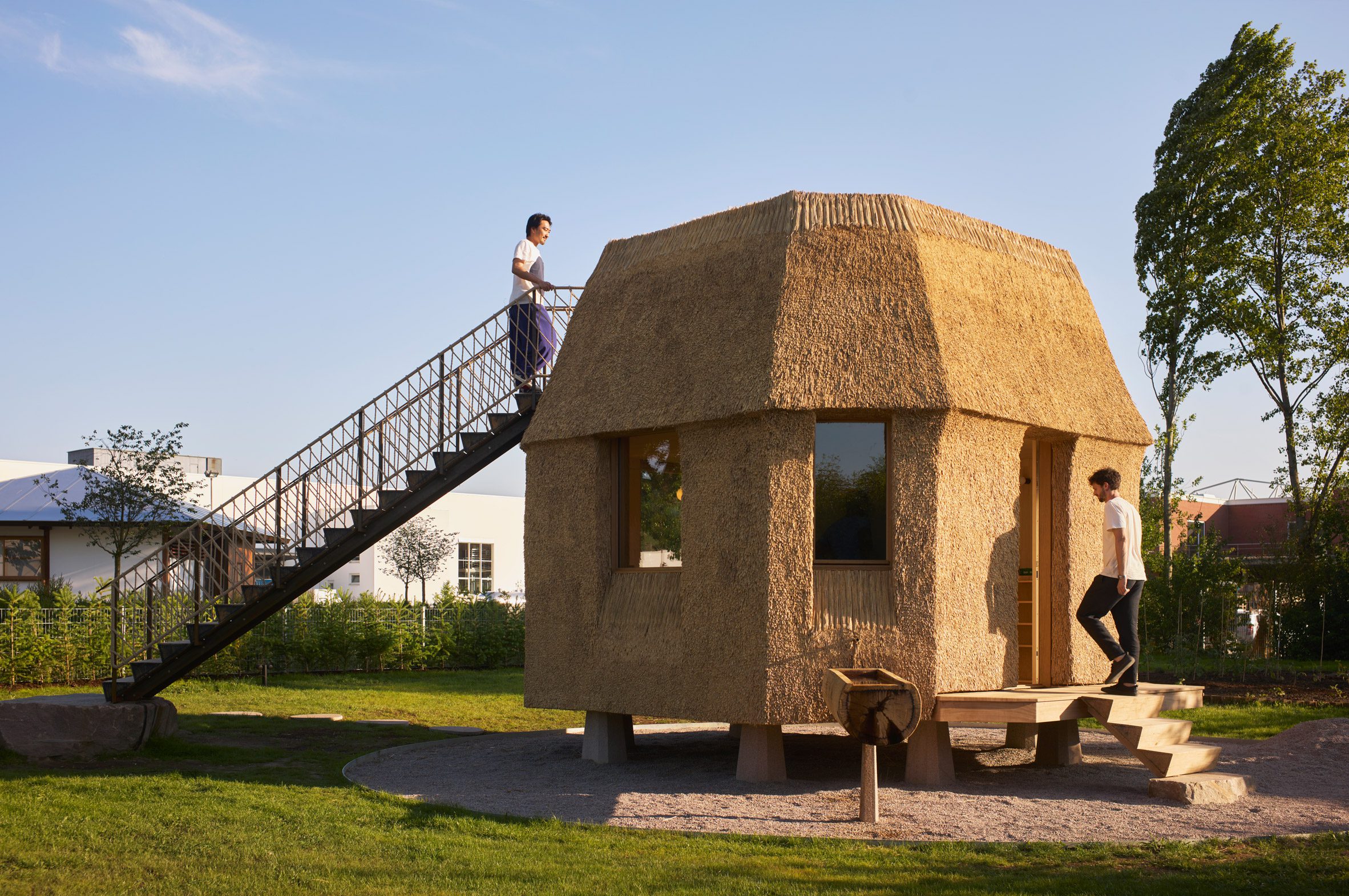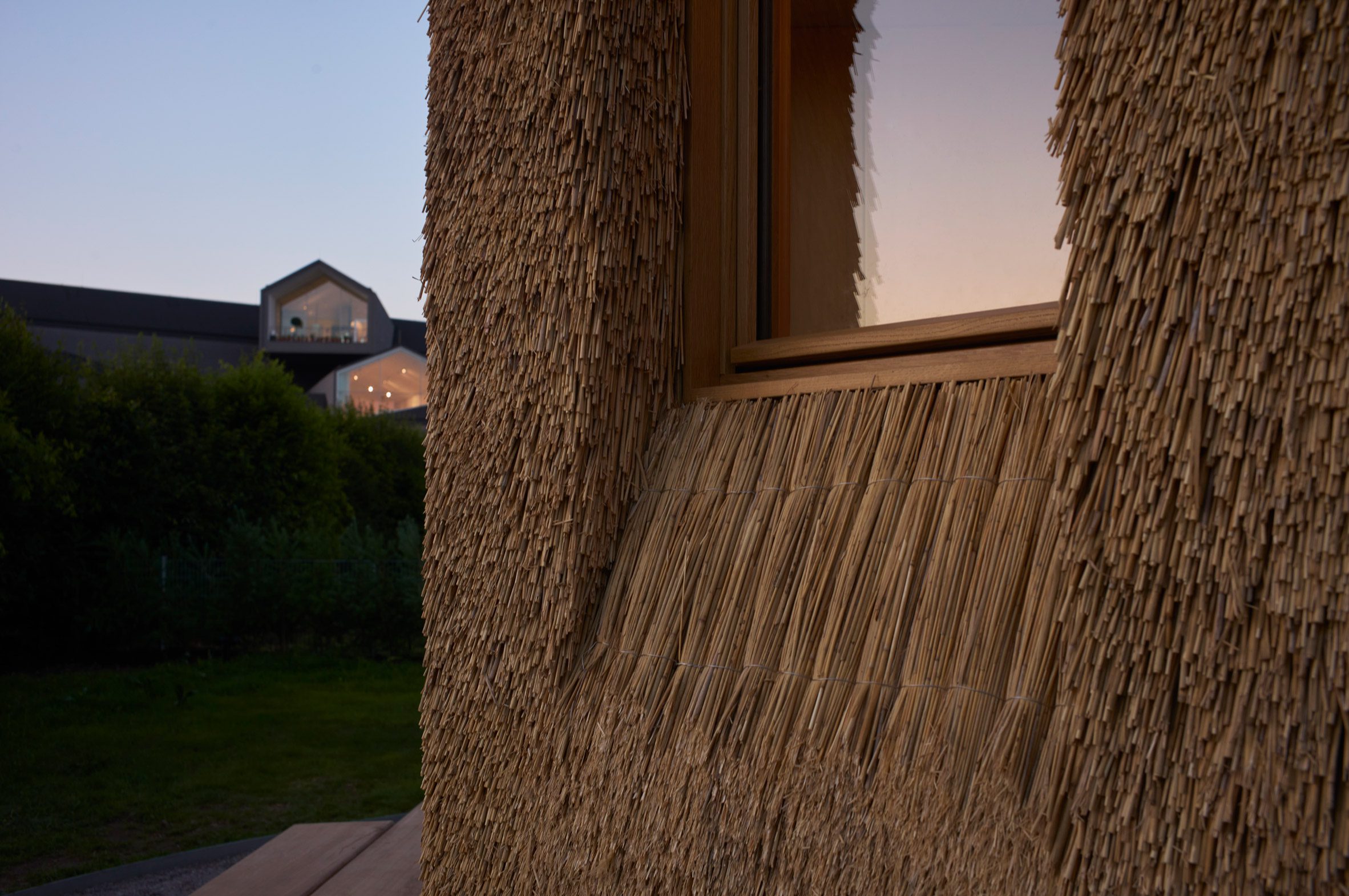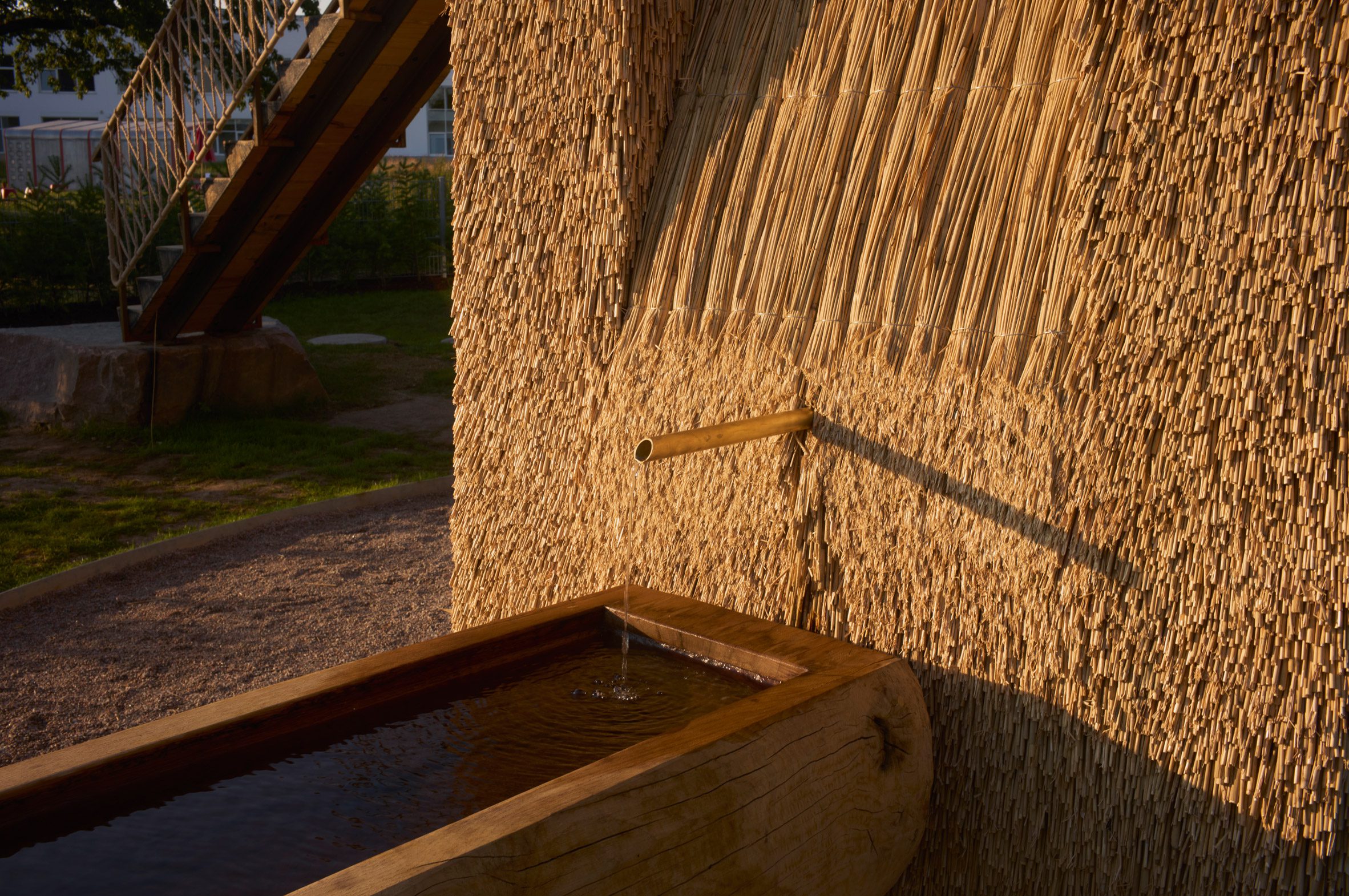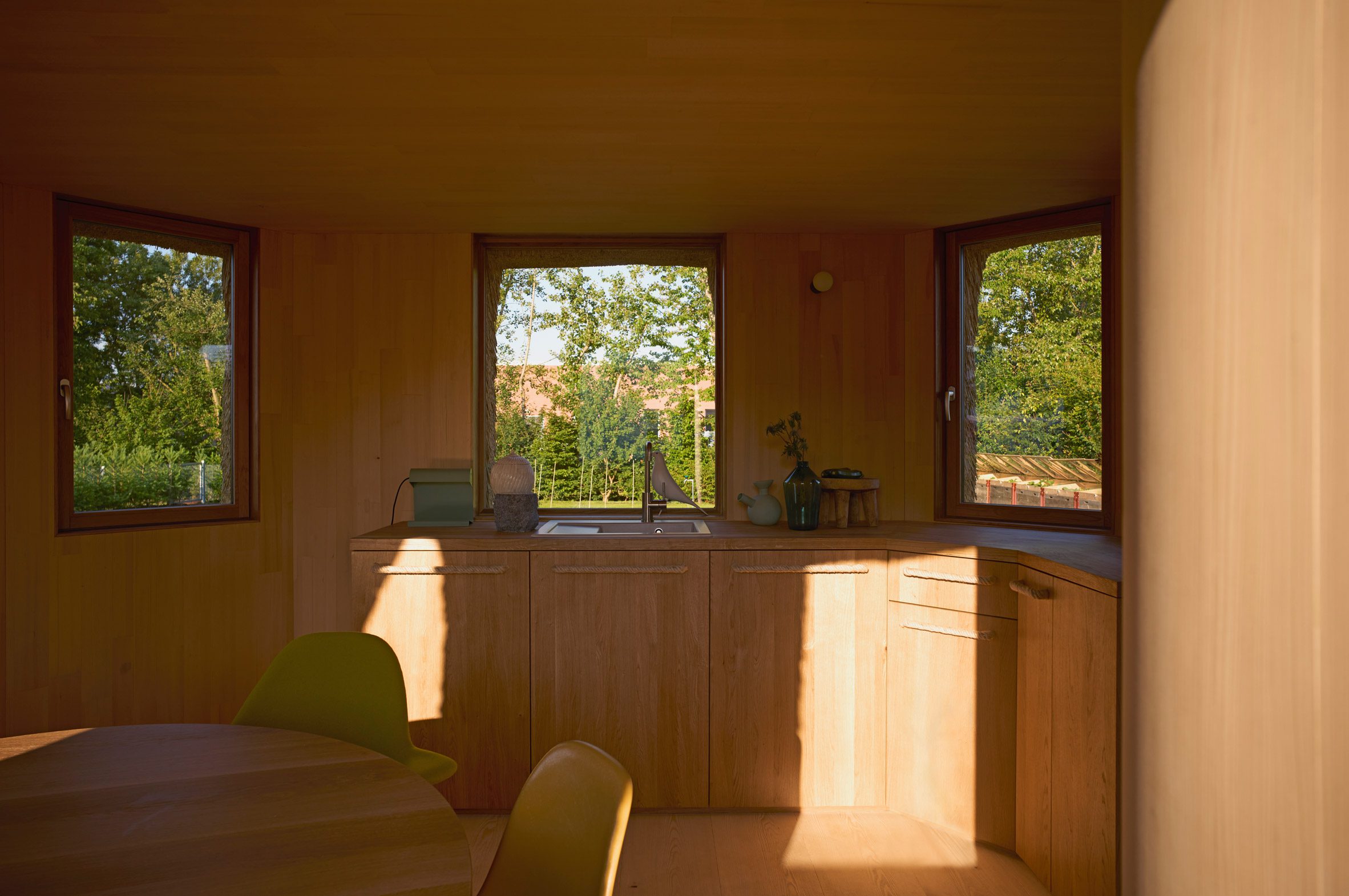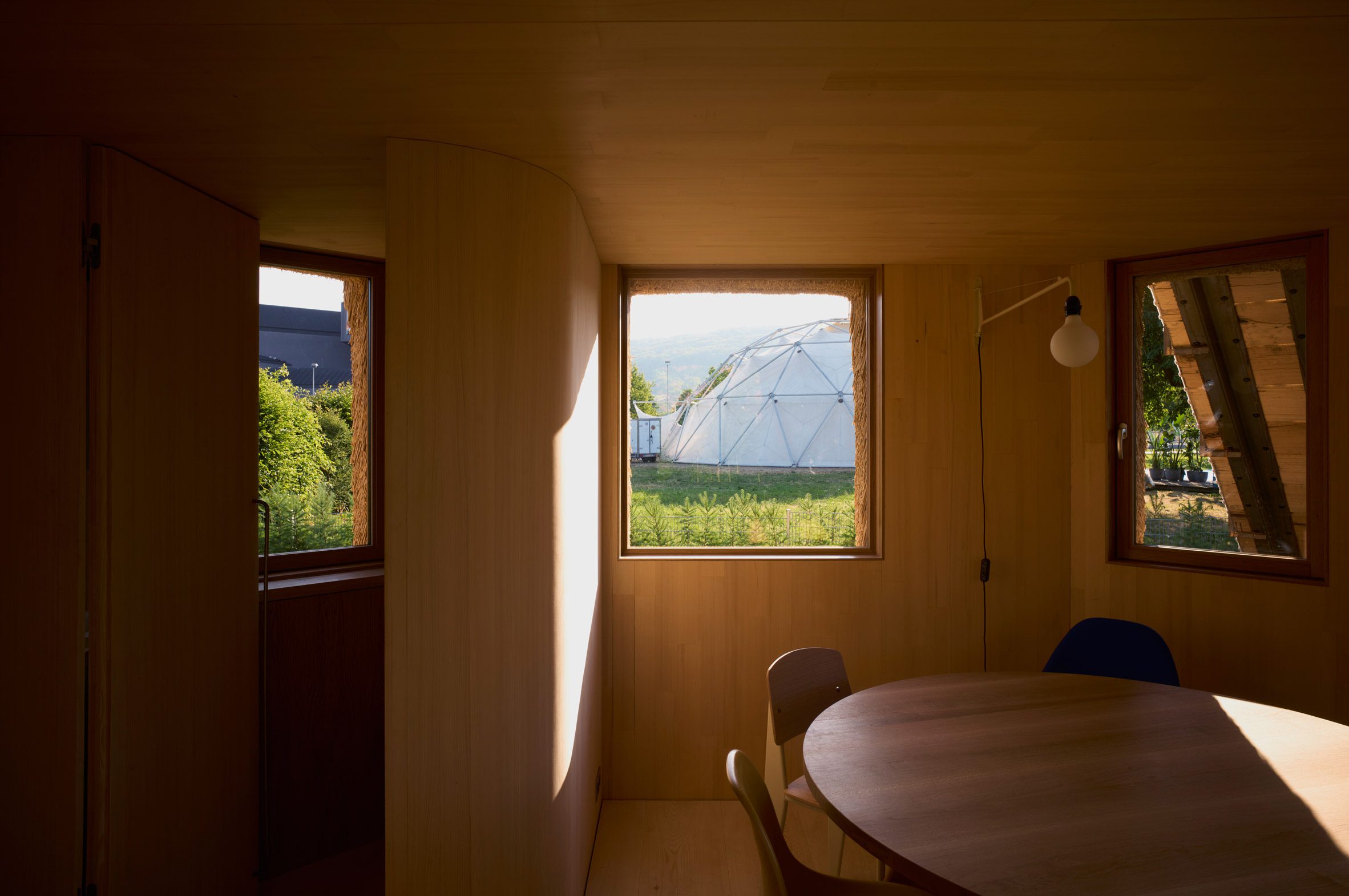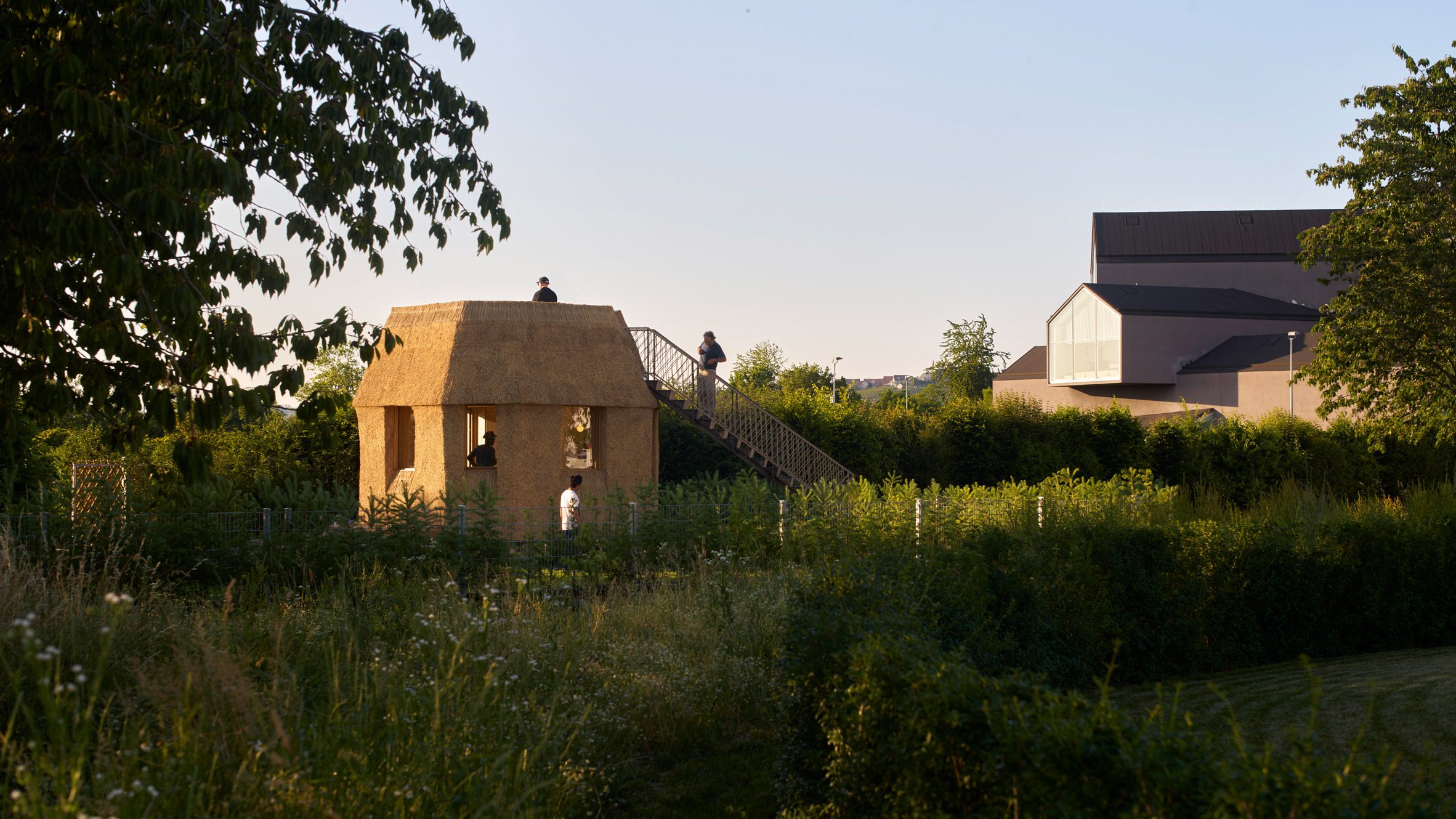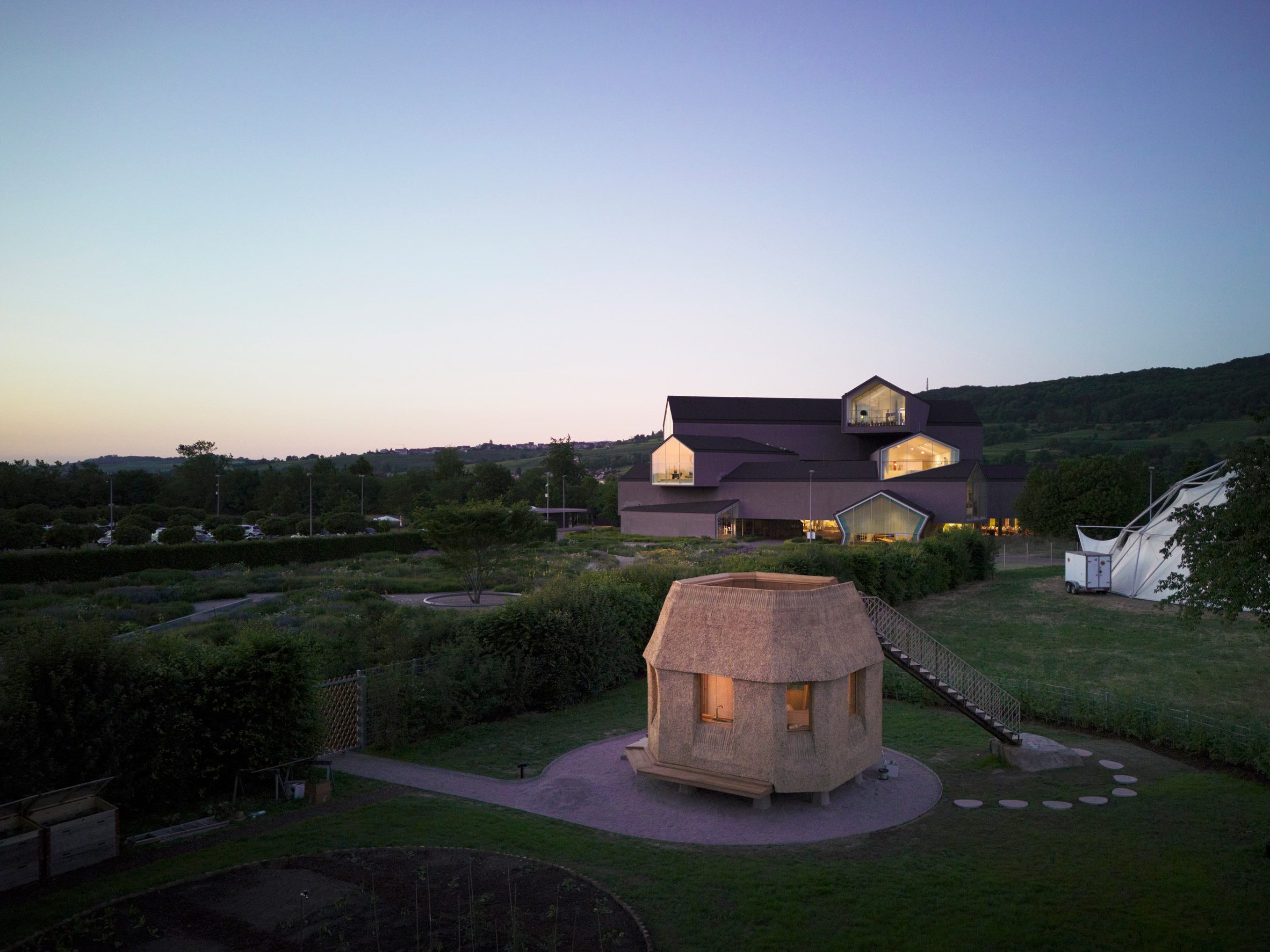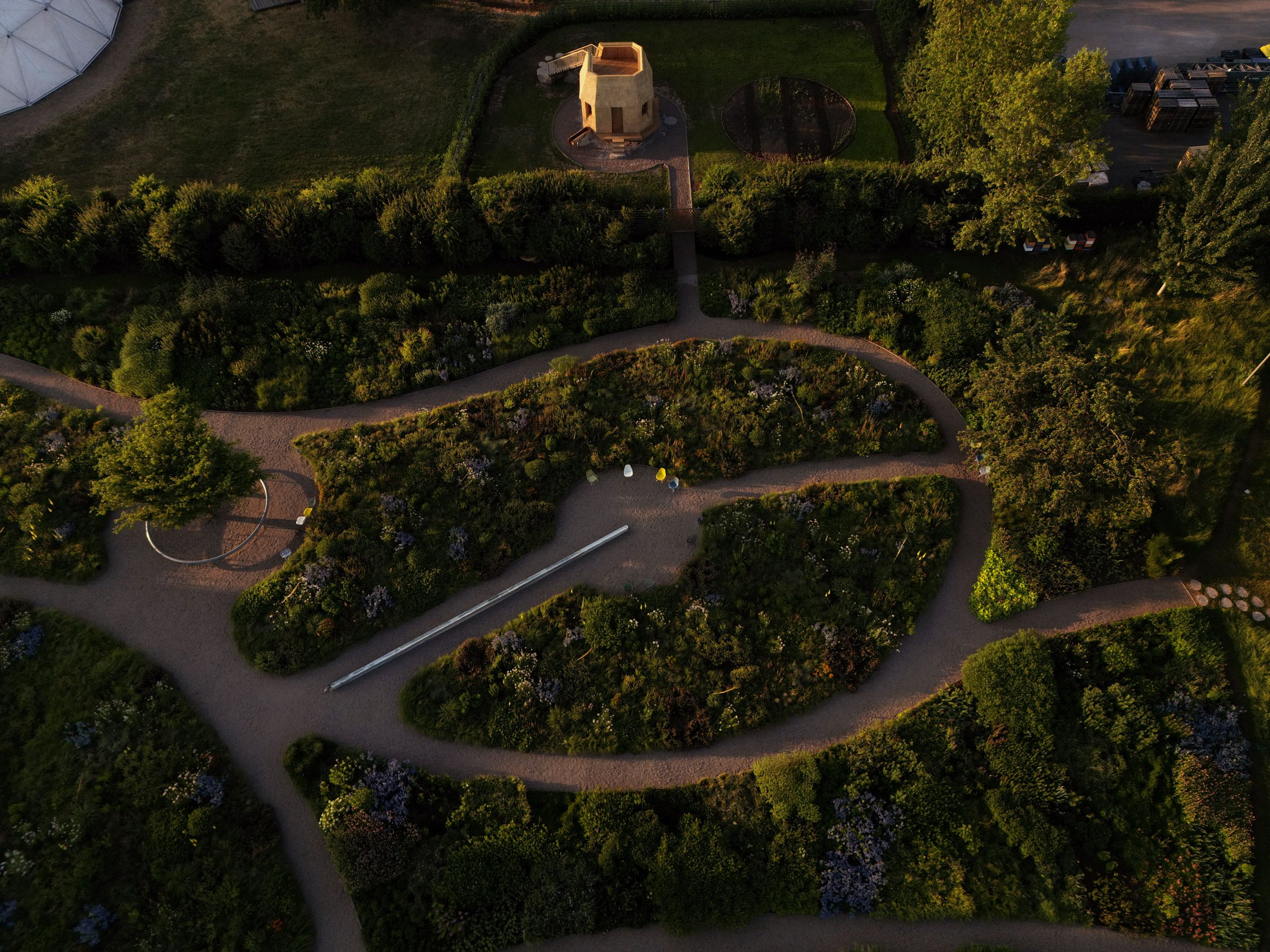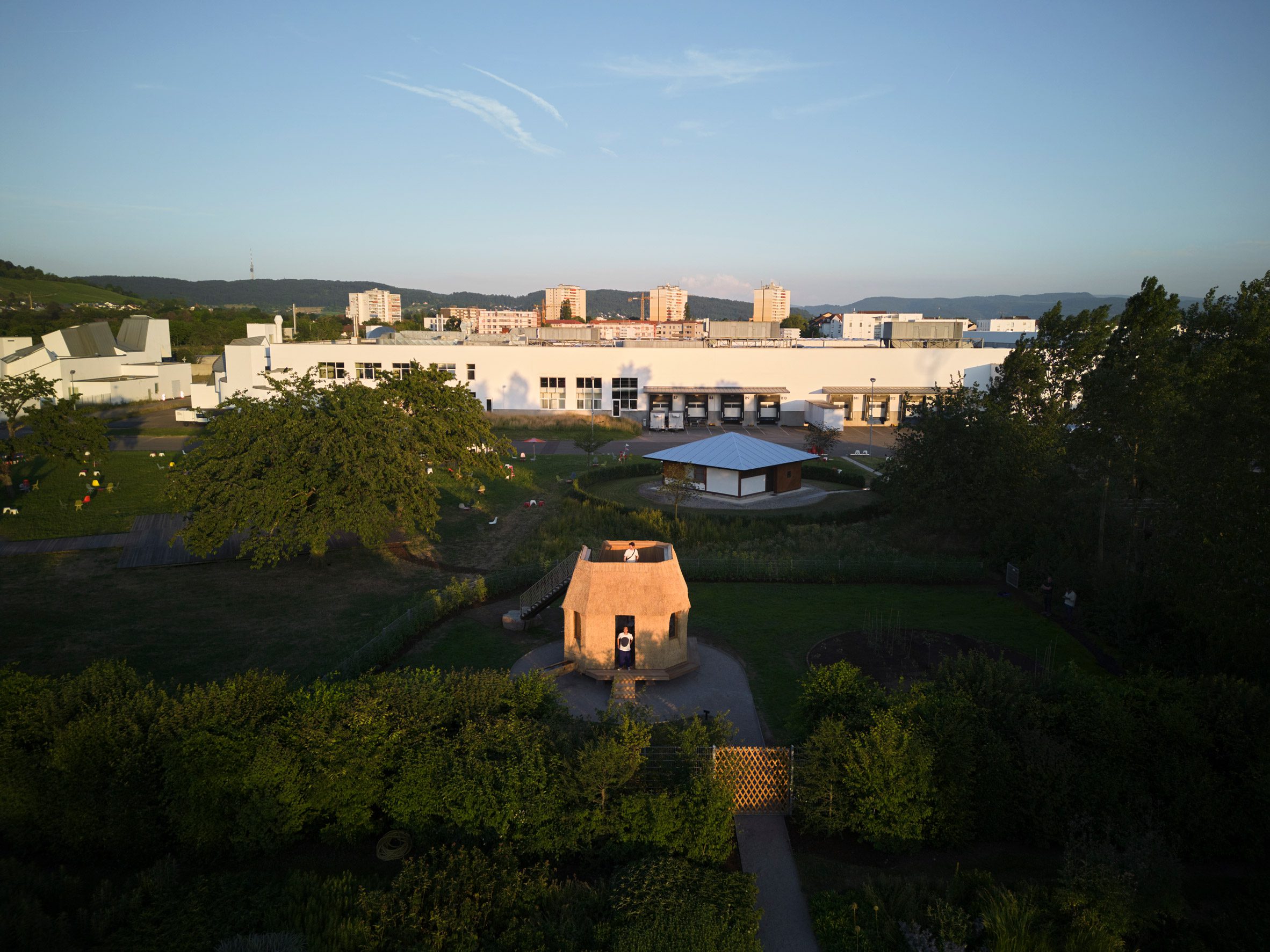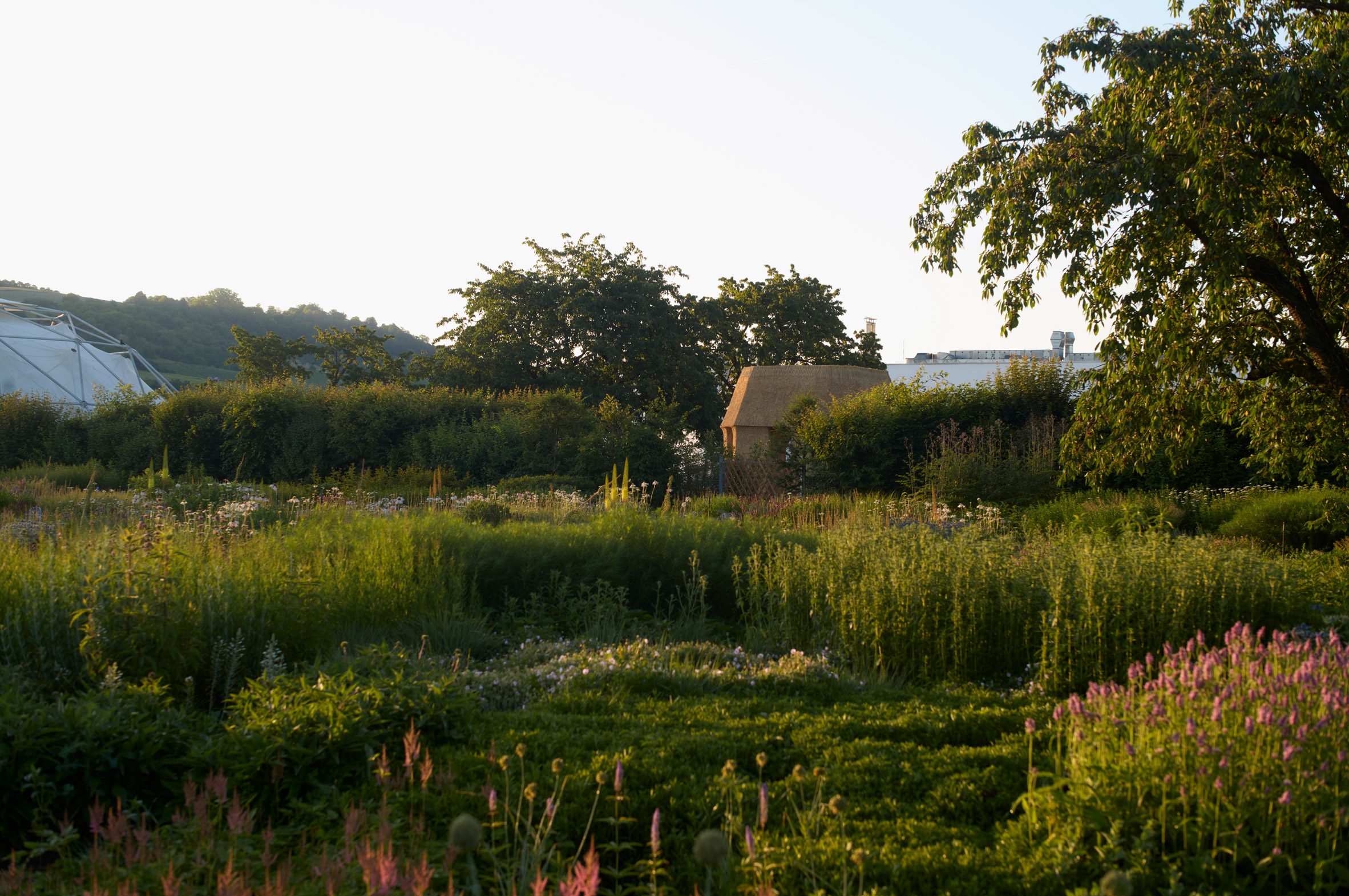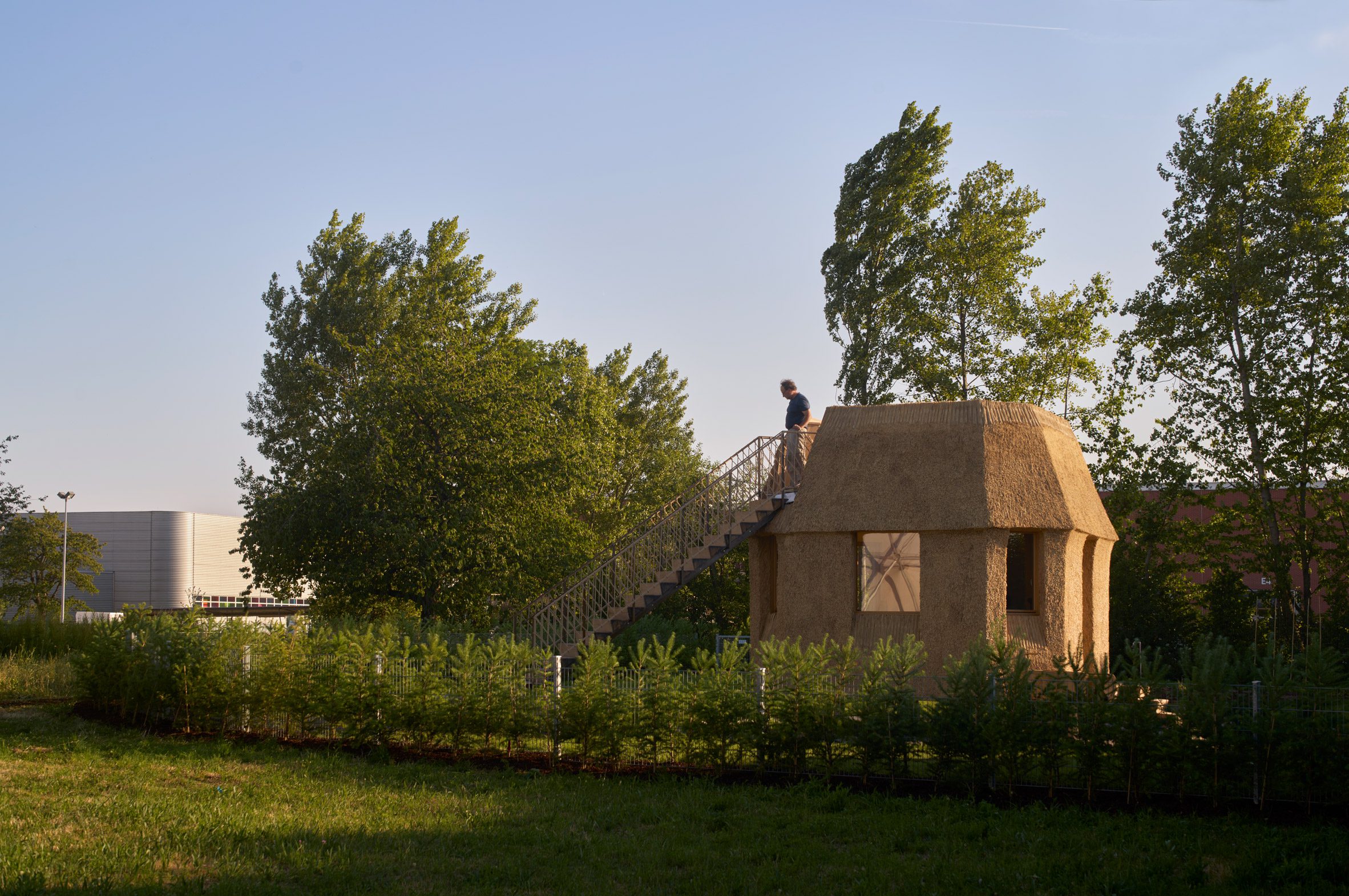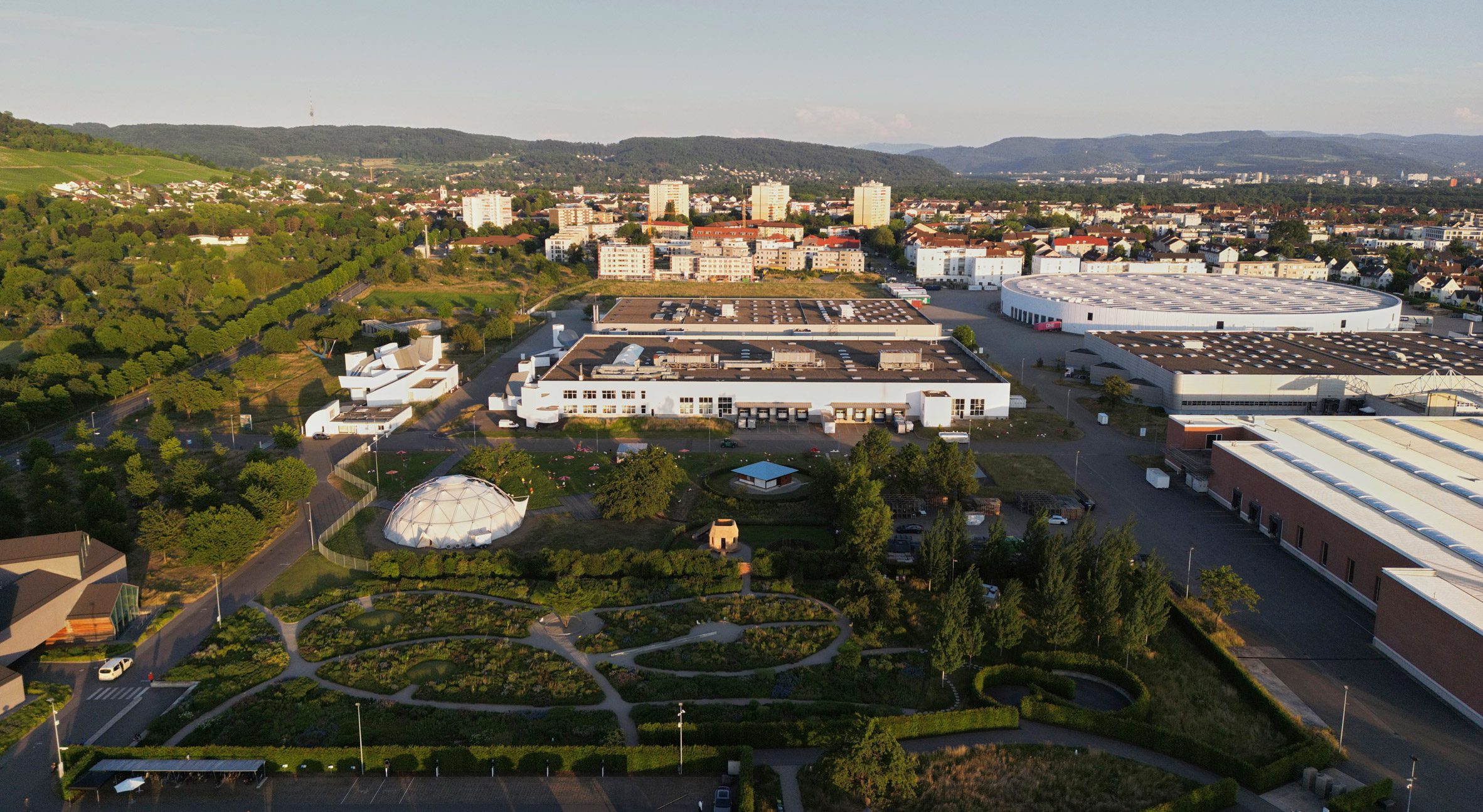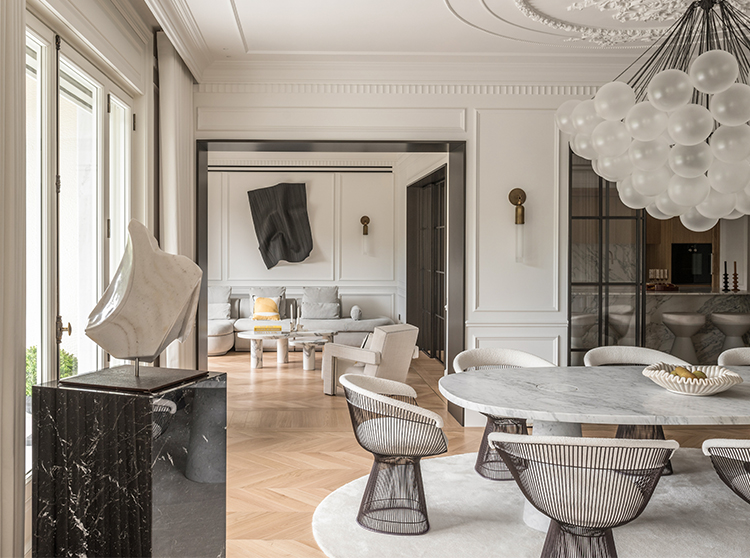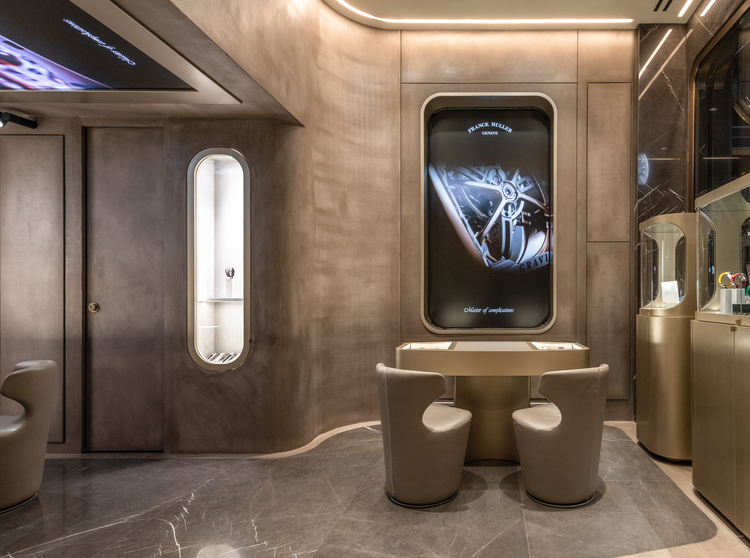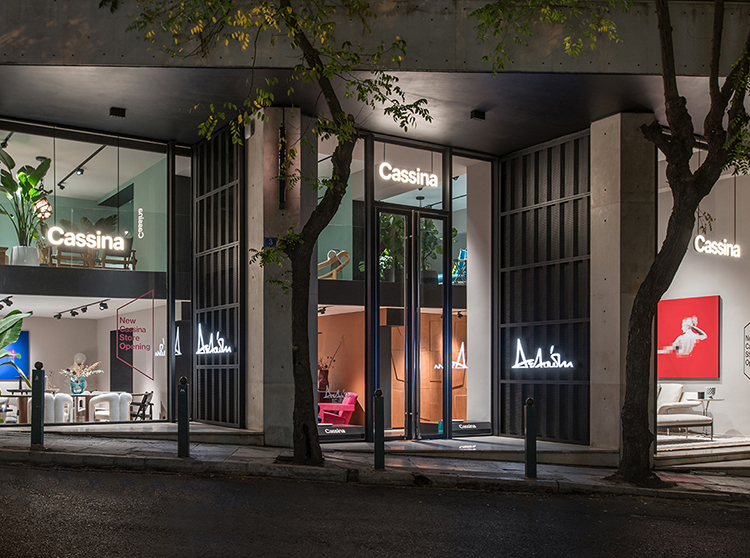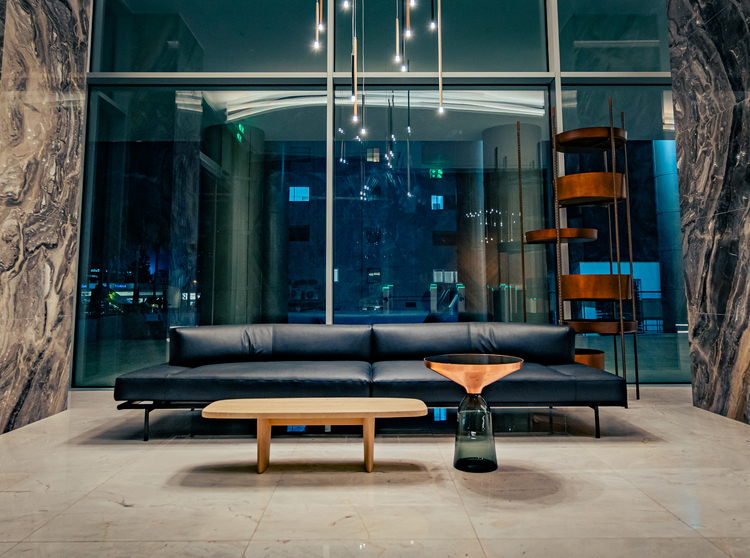A material palette of stone, wood and thatch form Tane Garden House, a rest space for gardeners by Japanese architect Tsuyoshi Tane at the Vitra Campus in Germany.
Doubling as a viewpoint for the Oudolf Garden, it is the latest addition to furniture brand Vitra’s campus in Weil am Rhein, where several well-known architects including Frank Gehry, Zaha Hadid, Tadao Ando and SANAA have created buildings.
Tane, the founder of the architecture studio ATTA, was commissioned for Tane Garden House by Vitra chairman emeritus Rolf Fehlbaum.
The brief required a building that reflected the campus’ improved understanding of sustainability and the impact of architecture on climate change, prompting the use of biomaterials.
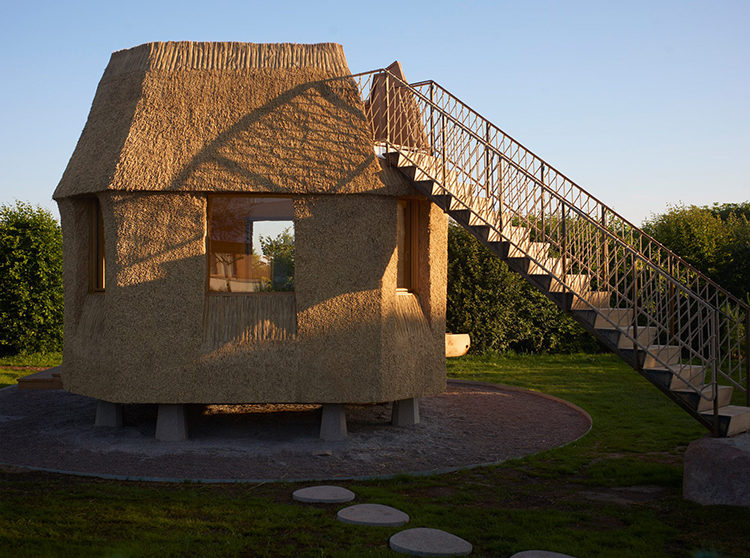
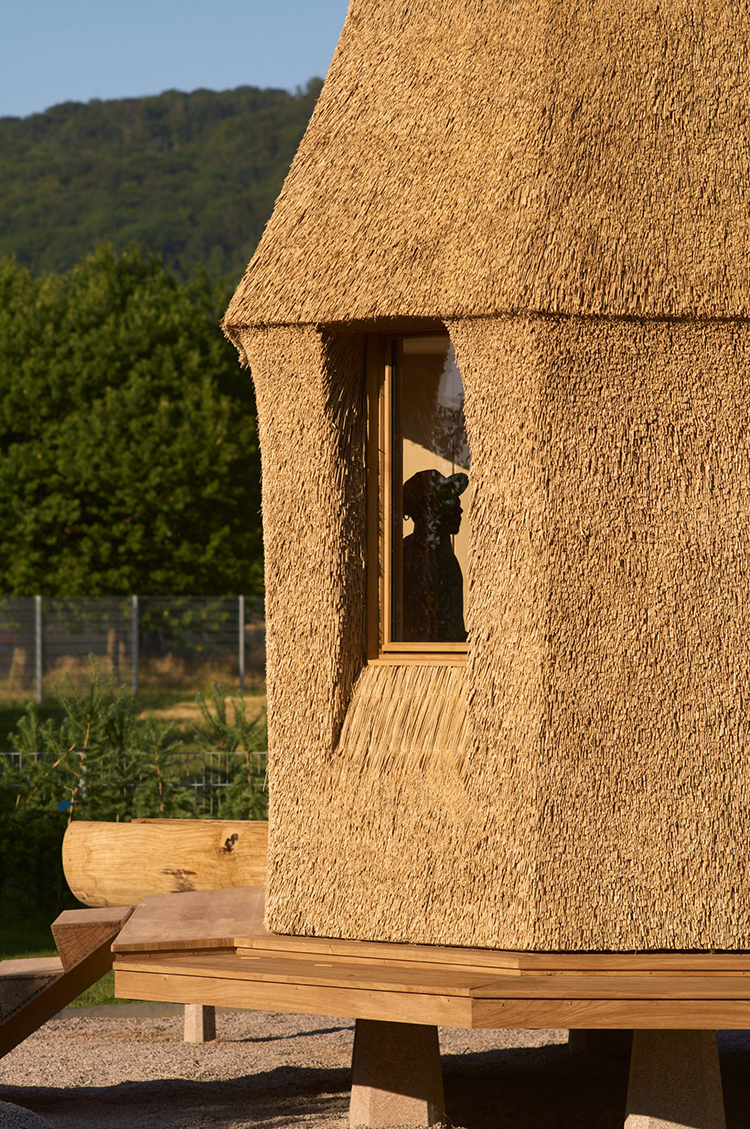
“It is very different from previous Vitra buildings,”
‘the Oudolf Garden and your garden house will be the first manifestations of the increased awareness on the Campus’.
“Increasing the awareness of the climate change that is burning underground resources, the Garden House is constructed with above-ground materials – such as stone, wood, thatch and rope: the Garden House – by essence, living with the Earth.”
Tane Garden House is positioned beside a vegetable plot in the Oudolf Garden by landscape designer Piet Oudolf and Umbrella House by Japanese architect Kazuo Shinohara, which was recently relocated to the site from Japan.
While it is primarily designed as a relaxation and work area for gardeners on the campus, it is also open to the public as a viewpoint of the surrounding buildings.
This combination of uses is informed by the plot’s position between the campus’ public and private areas, as an opportunity to extend the public zone”.
“It is also located between public and private area, so the public can come and enjoy it without any explanations and have a 360-degree view of the Vitra campus from the roof.
The building measures 15 square metres and is raised above the ground to minimise its impact on the ground. It can accommodate approximately eight people.
Among its facilities are a “coffee corner” and storage for gardening tools, alongside a bathroom, meeting room and workshop area. A kitchen garden is being created outside, alongside a fountain for watering or cleaning shoes and equipment.
The design references primitive Swiss houses. It was constructed with locally sourced materials and in collaboration with local craftsmen who will provide continual after-care services.
Its form is described as a square with each of its four corners cut off, designed “to allow different kinds of light and wind to enter and connect with the surrounding landscape”.
One of the main materials used in its construction is thatch, chosen for its insulative properties and used in place of conventional plastic-based insulation products.
Meanwhile, the base of the building is built from granite and its structure from wood. Both the wood and thatch will grey with time, blending in with the stone base.
While the materials at Tane Garden House differ from the surrounding buildings, Tane believes that visitors will draw similarities between them on close observation.
“The choice of materials varies greatly, but in terms of form, the proportions and window openings of the buildings on the Vitra Campus have been studied,”.
“Many buildings and windows on the Vitra Campus have a certain understated design and unity,” .
Other buildings at the Vitra campus include VitraHaus by Herzog & de Meuron, which is formed of a stack of elongated volumes with pitched roofs, an events space designed by Zaha Hadid and a factory by SANAA.


